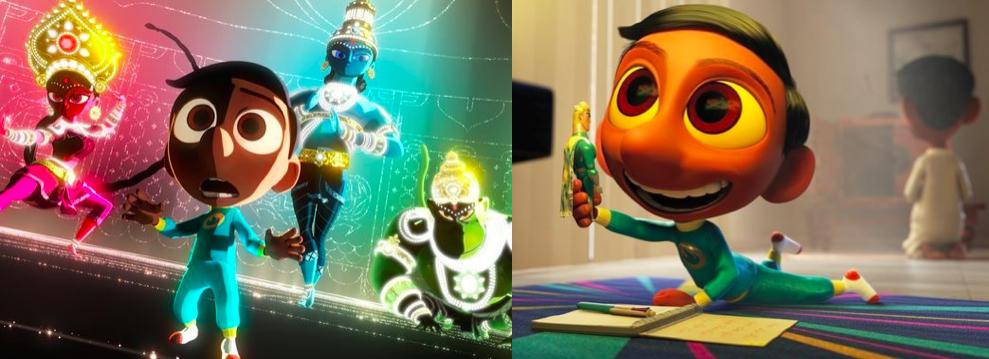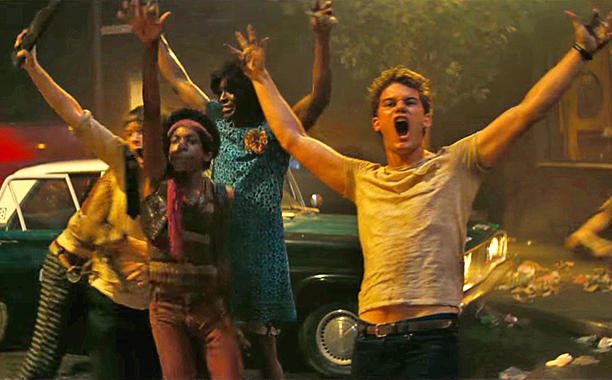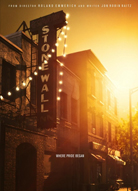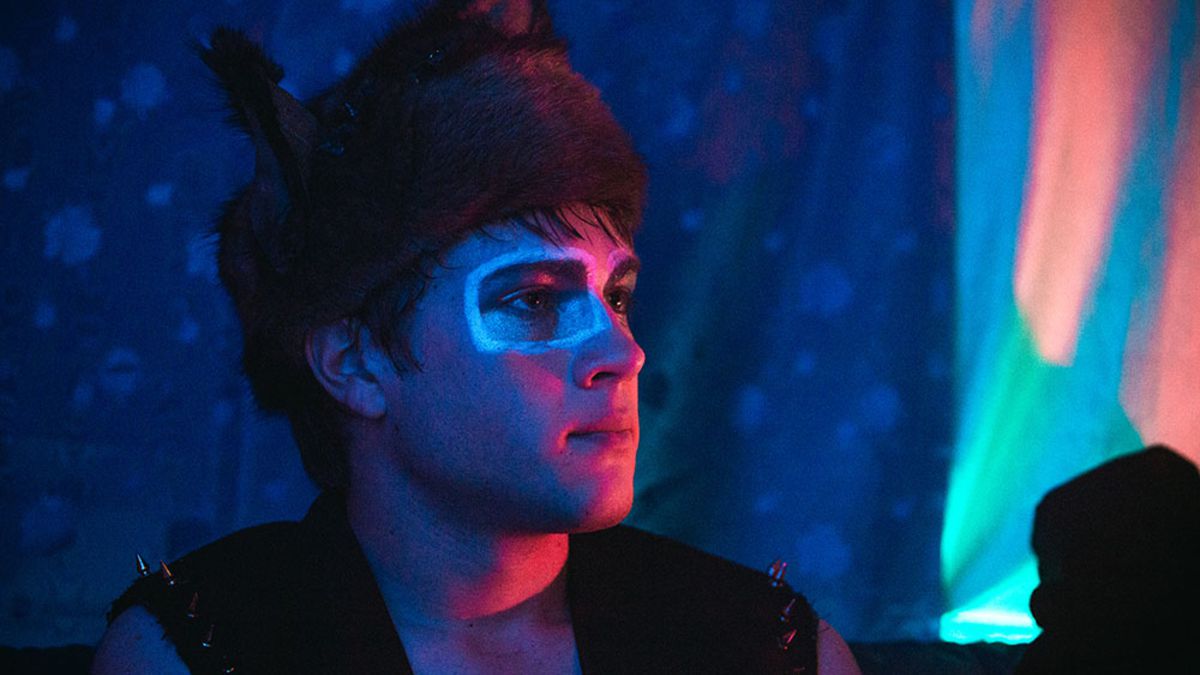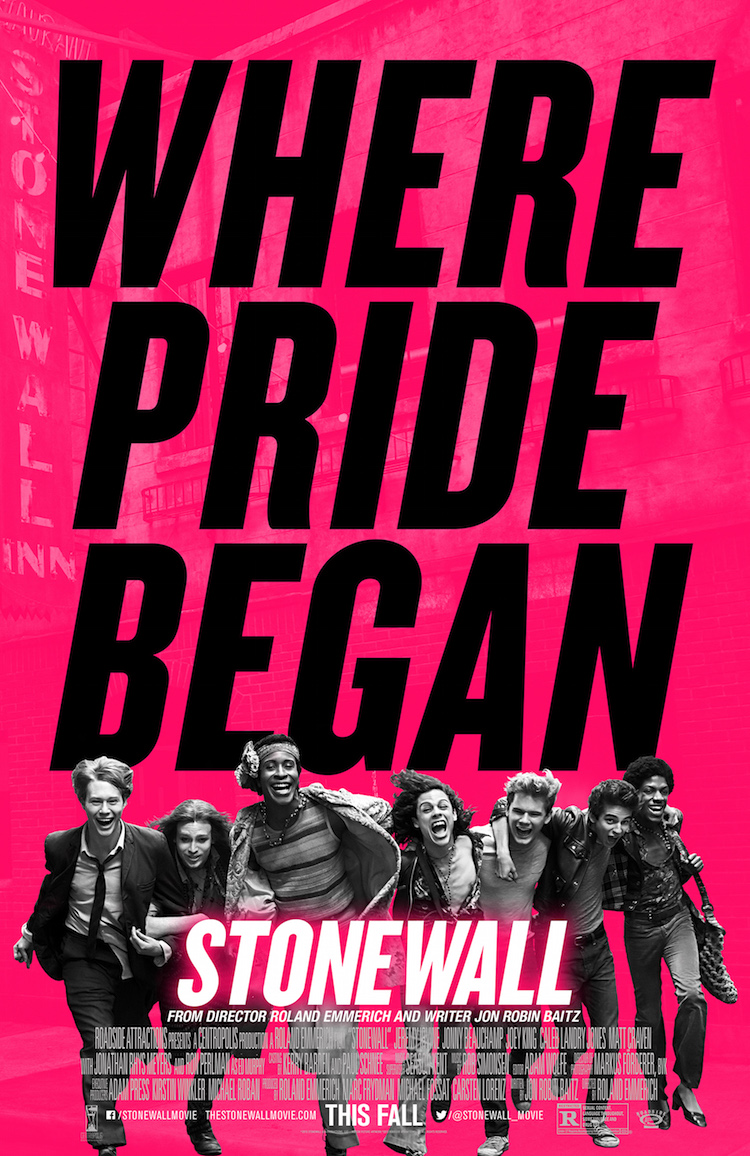 Jose here. When I show up at the Stonewall Inn to speak to Jeremy Irvine I see him hanging from the scaffolding outside the historical locale with his co-star Jonny Beauchamp, they’re all smiles and jokes, their camaraderie is evident and I’m slightly surprised they’re not acting more solemnly given they’re carrying the weight of representing one of the most-talked about movies of the year. I expected to find them seated Congressmen-style, preparing grandiose statements about social issues. Expectations are indeed the operative concept at hand when discussing a film that has generated so much controversy even before opening, so I’m glad Irvine is able to find some levity. When I meet him again inside, he’s devouring a scone, “it’s a muffin actually”, he explains, as we sit in one of the booths of the legendary tavern. “That’s what you do in New York isn’t it? You drink coffee and eat muffins” he says with a smile.
Jose here. When I show up at the Stonewall Inn to speak to Jeremy Irvine I see him hanging from the scaffolding outside the historical locale with his co-star Jonny Beauchamp, they’re all smiles and jokes, their camaraderie is evident and I’m slightly surprised they’re not acting more solemnly given they’re carrying the weight of representing one of the most-talked about movies of the year. I expected to find them seated Congressmen-style, preparing grandiose statements about social issues. Expectations are indeed the operative concept at hand when discussing a film that has generated so much controversy even before opening, so I’m glad Irvine is able to find some levity. When I meet him again inside, he’s devouring a scone, “it’s a muffin actually”, he explains, as we sit in one of the booths of the legendary tavern. “That’s what you do in New York isn’t it? You drink coffee and eat muffins” he says with a smile.
Irvine became an overnight star with his leading role in Steven Spielberg’s War Horse, and went on to appear in adaptations of famed novels Great Expectations and The Railway Man, I was surprised to see him land the lead in Roland Emmerich’s period piece, but it’s evident that he has an extremely likable quality, that leads filmmakers to think of him as a perfect audience surrogate, who they use to traverse through oft dense plots. Despite his succession of leading roles, Irvine has kept a very low profile and has confessed to prefer spending time in a pub with his mates, than attending big Hollywood premieres. Perhaps that’s why he seems so at ease at the Stonewall, where he proves to be quite candid and open about touchy subjects like the film’s infamous trailer and how he approaches people’s expectations.
JOSE: War Horse, The Woman in Black: Angel of Death and now Stonewall. What’s your fascination with period pieces?
JEREMY IRVINE: I don’t know! Apparently I like costumes (laughs). I don’t go after specific genres really, if I read a script and I’m still thinking about it a few weeks later, then that’s a pretty good sign. When there’s something that connects with you, you just know. Actually when I got the script for Stonewall, I’d just done three movies back to back. I had just finished shooting a movie in Budapest and I said to my agent “I need a break”, and then a couple of days later they sent me the script and said “you have to read this”.
[More...]
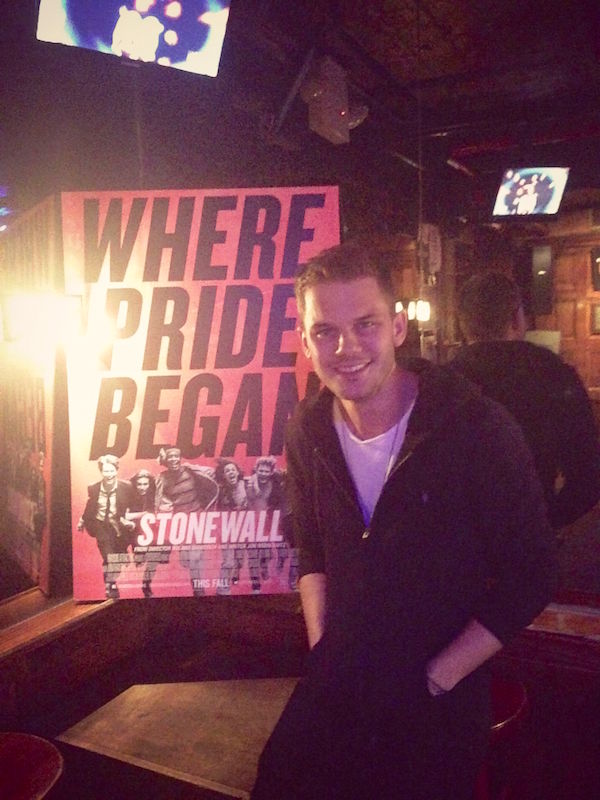
Click to read more ...
 Sunday, September 27, 2015 at 11:05PM
Sunday, September 27, 2015 at 11:05PM 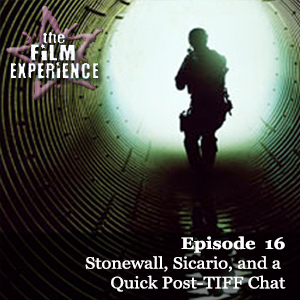 Katey, Joe, Nathaniel and Nick, all returned from TIFF (where the four of us were actually in the same place at the same time for the very first time ever!), return to "Now Playing" cinema to catch shrapnel coming off of Sicario & throw bricks at Stonewall.
Katey, Joe, Nathaniel and Nick, all returned from TIFF (where the four of us were actually in the same place at the same time for the very first time ever!), return to "Now Playing" cinema to catch shrapnel coming off of Sicario & throw bricks at Stonewall. 



